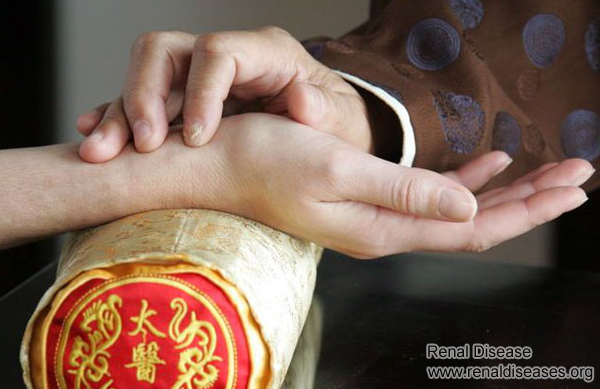Whatsapp: +8615512139310
- Email us:

Question: My daughter was diagnosed with FSGS. She was treated by Cylophosphamide and Solumedrol for 2 years and 7 months, but 2 month ago, she got relapse. She has severe anemia, serum creatinine 1.98, blood urea 98, and proteinuria 4+. What to do?
Answer: FSGS is a very refractory disease in clinic, especially among children. It is an immune-medicated kidney disorder with damage to glomeruli. Glomeruli are the basic filtering units in kidneys and each kidney is composed of one million glomeruli. In right condition, these glomeruli can filter out toxins from our body and meanwhile maintain those useful substances in body like protein. However, in FSGS, due to immune disorder, it can cause a lot of immune complexes to form in blood. With blood circulation, the immune complexes can deposit in kidneys, thus leading to inflammation of glomeruli.
Cylophosphamide and Solumedrol are the most commonly used drugs for FSGS in western medicines. Although they can suppress the inflammation in kidneys, they can not correct the immune disorder or eliminate those toxins from kidneys. As a result, the glomeruli will become fibrotic and sclerotic. Now your daughter’s creatinine is 1.98 and BUN is 98, which are a little higher than the normal range. It indicates that her kidney function has been impaired by FSGS. Without timely treatment, her disease will get worse.
At present, there is no very effective treatments for FSGS in western medicines. Throughout the world, FSGS is controlled with corticosteriods and immunosuppressant in early stage. Finally, dialysis will be the final treatment option as kidney failure comes.
To treat FSGS effectively, it is to correct immune disorder, eliminate those immune complexes and repair those impaired glomeruli. In that way, the disease will not relapse and renal function will be improved a lot. Here we recommend you to try Toxin-Removing Treatment.
Toxin-Removing Treatment for FSGS patients
This is a systemic treatment, which is composed of several therapies, such as plasma exchange, external Chinese therapies (like medicated bath, foot bath, steam therapy, navel therapy, etc), oral Chinese medicine, cytokine infusion therapy, etc. Those therapies can work together to dissolve immune complexes and eliminate them from the kidneys and blood. They can also restore the balance of anti-inflammatory cytokines and pro-inflammatory cytokines to reduce renal inflammation and control the disease from getting worse. Moreover, they can improve blood circulation and increase blood flow into kidneys so that enough essential elements such as oxygen, nutrients, vitamins and active ingredients of medicine can be transported into kidneys to speed up kidney recovery. After about one week’s treatment, she will feel energetic. After about half month’s treatment, her anemia will get improved. Proteinuria will reduce. High creatinine and urea level will decrease. After about one month’s treatment, her FSGS will be under control, and renal function will get improved. With treatment going on, her immunity will also be strengthened, so her FSGS won’t relapse easily.
What to do for FSGS patients with proteinuria 4+? Now you get the answer. For more information on FSGS treatment, please leave a message below or contact online doctor.